Concern Over Damage To The Reefs Have Prompted The Temporary Closures
Two coral reefs popular with tourists for snorkeling and diving have been temporarily closed in Cozumel. The decision was made to help reduce stress on the reef which has been affected by over-tourism.
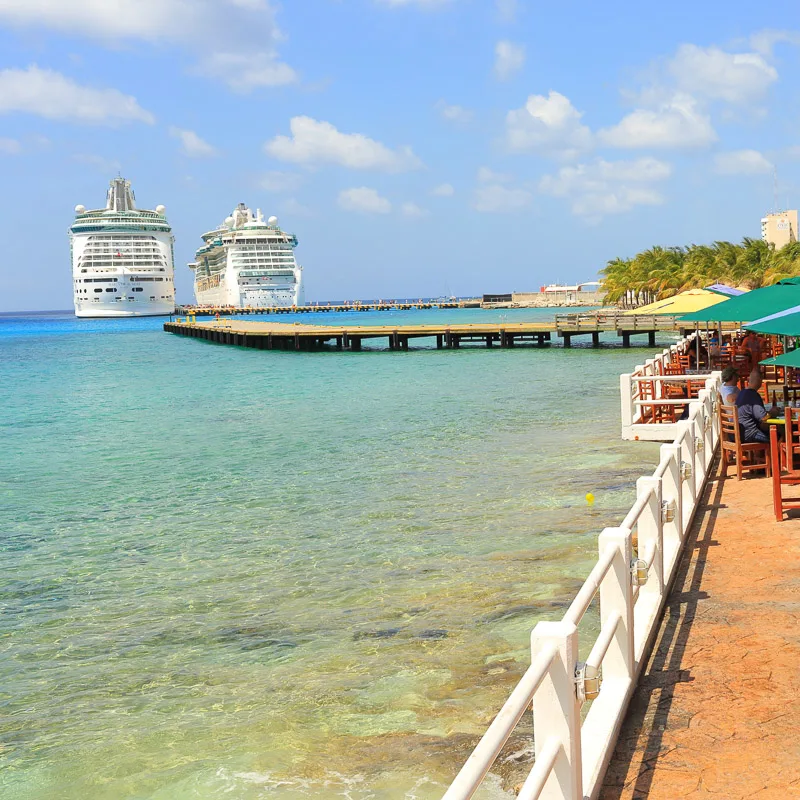
The Punta Francesca and Paso del Cedral reefs are the first sections of the reef to be temporarily closed to help the ecosystems recover. At the end of March, they will be reopened and three more areas will be closed for the months of April and May. At that time, it will be Palancar Jardines, Palancar Herradura, and Dalilah that are closed.
The closures are part of a program that was initiated in 2020 in an effort to protect the reefs from further decay. Since then, the return of several species of animals to the reefs has suggested the program is working.
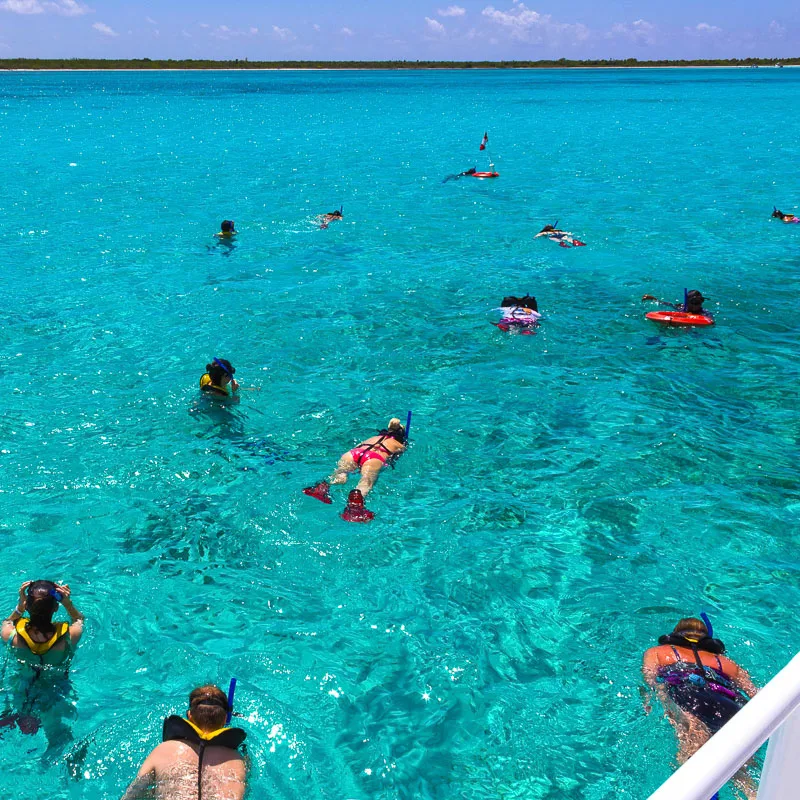
The Director of the National Commission of Natural Protected Areas, Blanca Quiroga, stated that “during the monitoring, the sighting of fauna has been recorded in the areas with a longer period of suspension of tourist activities. We have the presence of blacktop sharks, schools of various species, bottlenose dolphins, porpoises, starfish and crocodiles in shallow areas, as well as nesting colonies of at least ten birds”.
Cozumel is one of the top diving and snorkeling spots in Mexico and pulls in tens of thousands of visitors who want to see the reef’s ecosystem first hand. The issue faced by the local tourist companies is balancing a successful visitor experience with the preservation of one of the world’s most vital natural habitats.
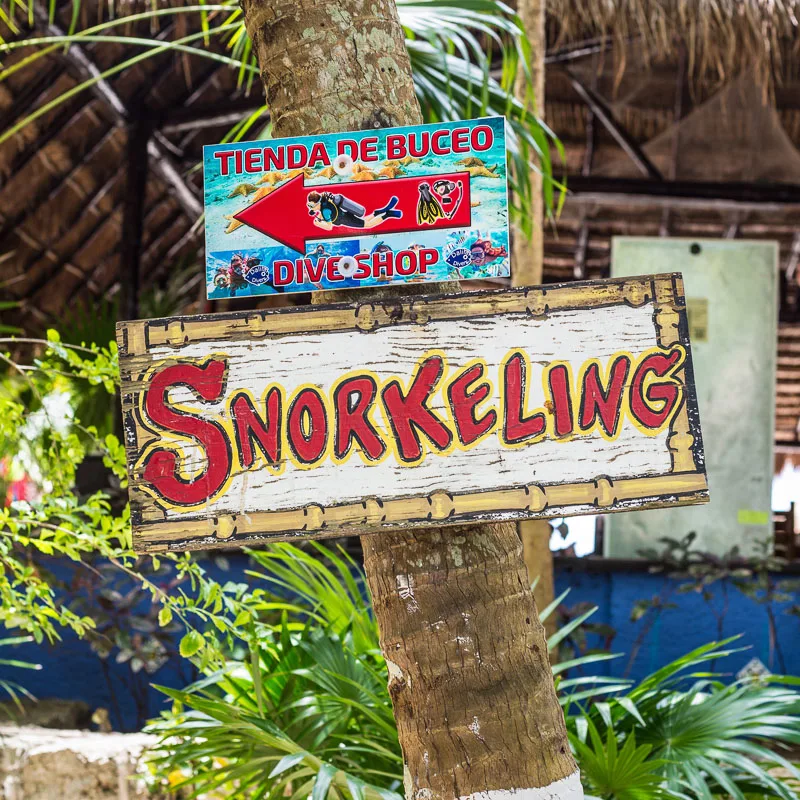
The tough balance is epitomized by the recent battle between local nature activists and the cruise industry. An area of Cozumel that’s reef has been protected for over a decade is under threat after the announcement that a brand new pier would be built to accommodate even more cruise ships. The construction could easily destroy much of the ecosystem in the area.
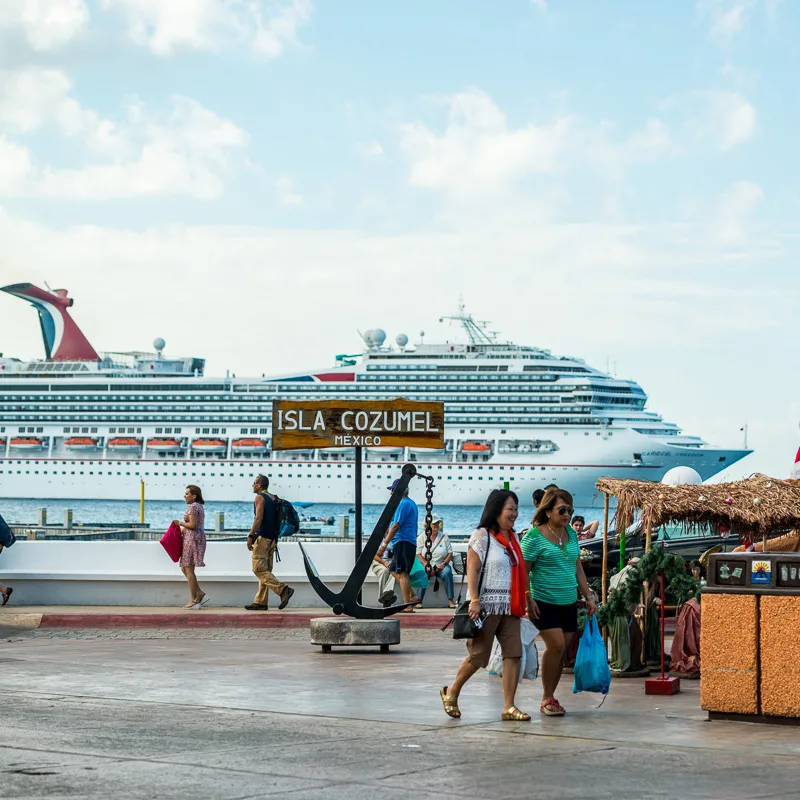
It is unclear if the protests currently taking place will have any impact on the construction of the fourth pier, but it does speak to the future of the tourist experience in the region. As Cancun and Quintana Roo as a whole seek to consolidate and keep a hold on its new position as one of the most visited areas on the planet, the region has to make tough decisions on the kind of experience it wants to offer.
Sustainable tourism is a quickly growing industry and, regardless of how sincere many visitors’ notions are, tourist towns need to acknowledge the demand and take responsibility for their own effects on the area.
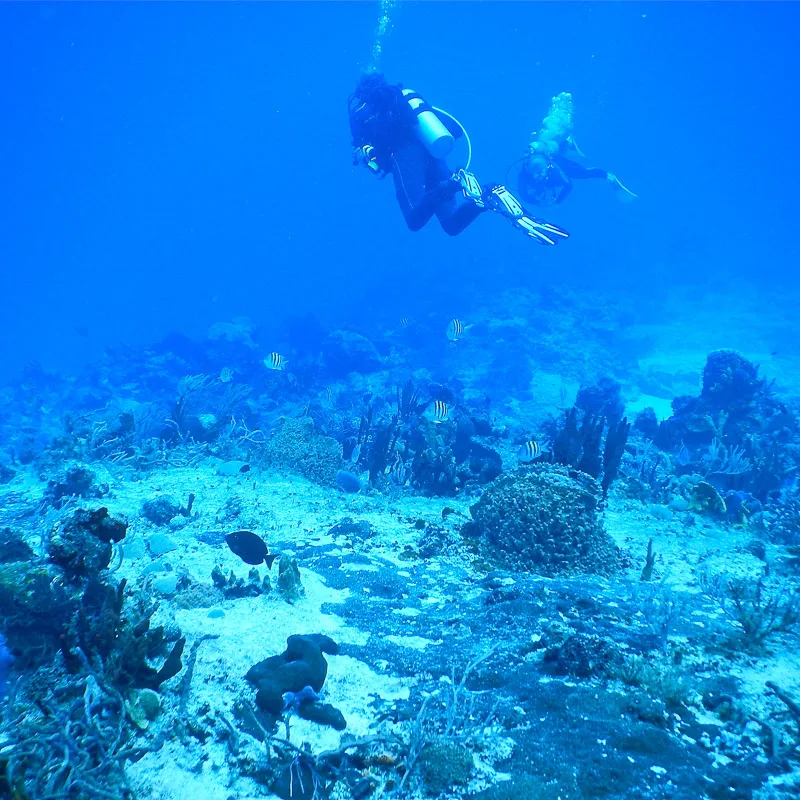
As the reefs are being closed in sections, it is unclear how much of an effect it will have on tourist experiences. There is the possibility that fewer tours may go out to the reefs, so anyone hoping to visit should get in touch with their service provider to ensure no changes have taken place.
With that said, the providers should have had details of the changes well in advance and accommodated for any previously booked trips.
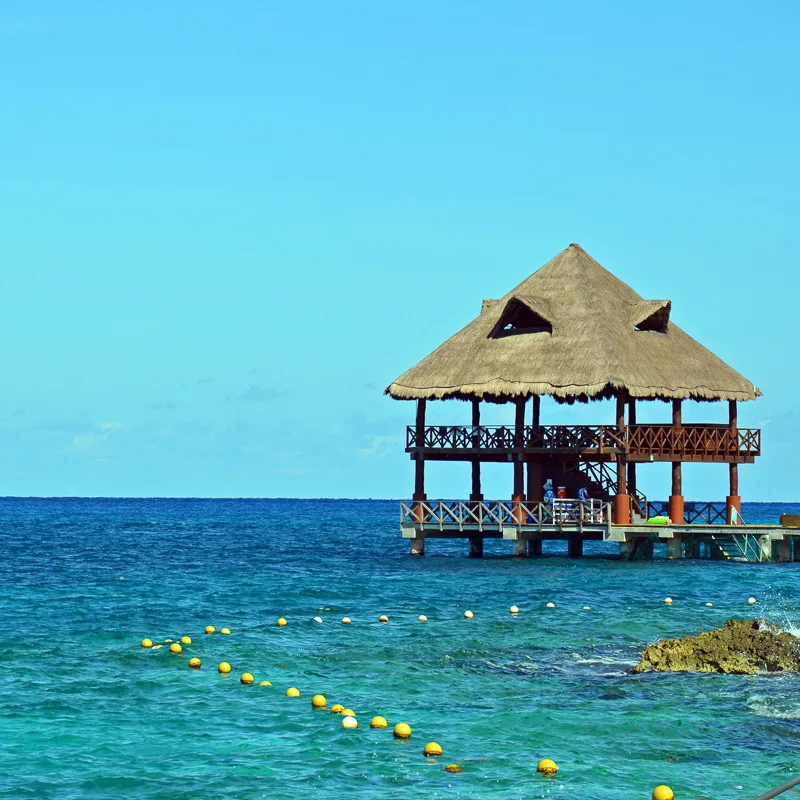
It is hoped that the continued cycling of tourism closures will allow the region to be a sustainable diving spot for years to come. It’s a delicate balance that must be addressed to ensure both a continued tourist interest and the wellbeing of the ecosystem.
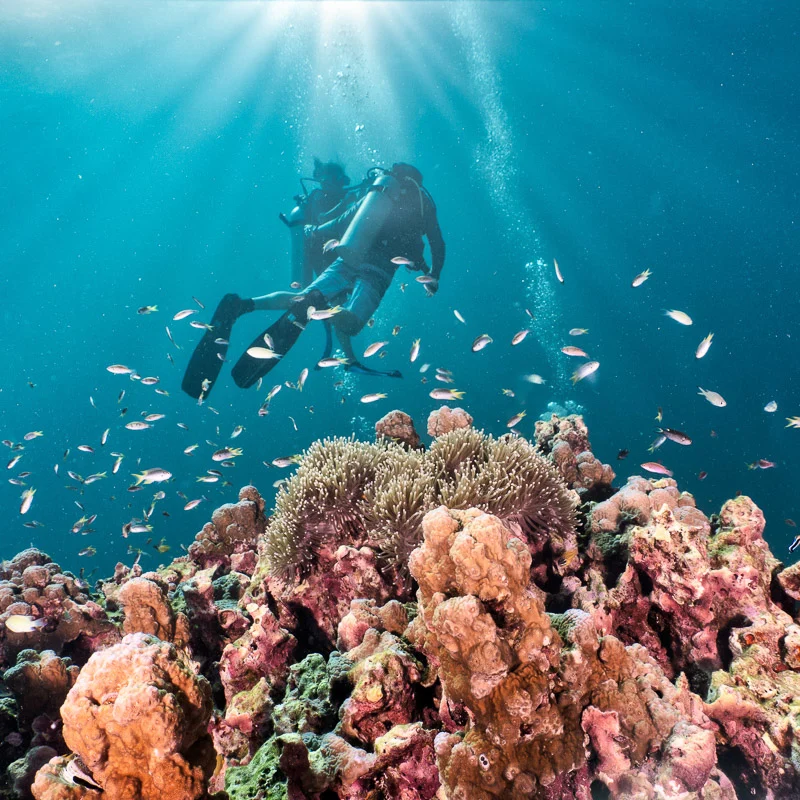
Travelers to Mexico should continue to monitor any changes to the COVID restrictions to ensure that plans are not affected. This applies to both the home country and Mexico.
Plan Your Next Cancun Vacation:
Traveler Alert: Don’t Forget Travel Insurance For Your Next Trip!
Choose From Thousands of Cancun and Riviera Maya Hotels, Resorts and Hostels with Free Cancellation On Most Properties
↓ Join the community ↓
The Cancun Sun Community FB group has all the latest travel news, conversations and tourism Q&A’s for the Mexican Caribbean
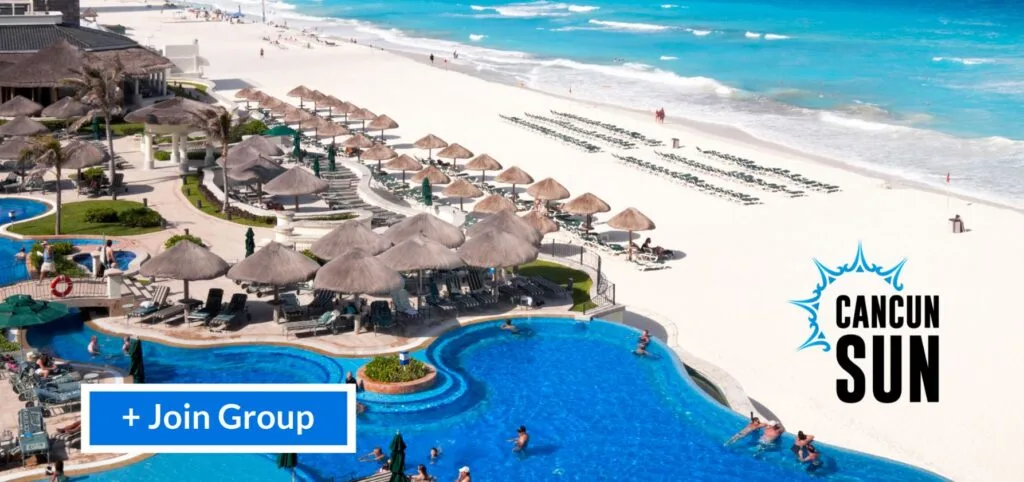
Subscribe to our Latest Posts
Enter your email address to subscribe to The Cancun Sun’s latest breaking news affecting travelers, straight to your inbox.
